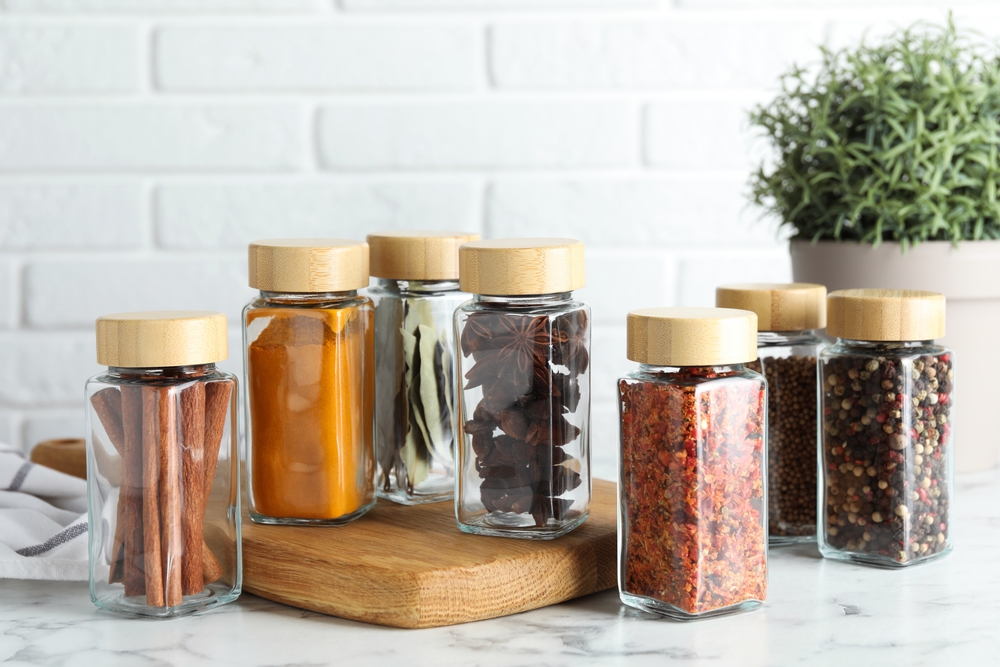Many people assume spices last forever, but in reality, they do not. Over time, spices that expire lose their strength, aroma, and color. Some may even spoil when exposed to heat, air, or moisture. Expired spices usually will not make you sick, yet they leave meals tasting flat. Understanding which seasonings lose their punch quickly helps you avoid waste, save money, and keep dishes flavorful. These short-lived spices are worth monitoring more closely than others in your pantry.
Ground Cinnamon
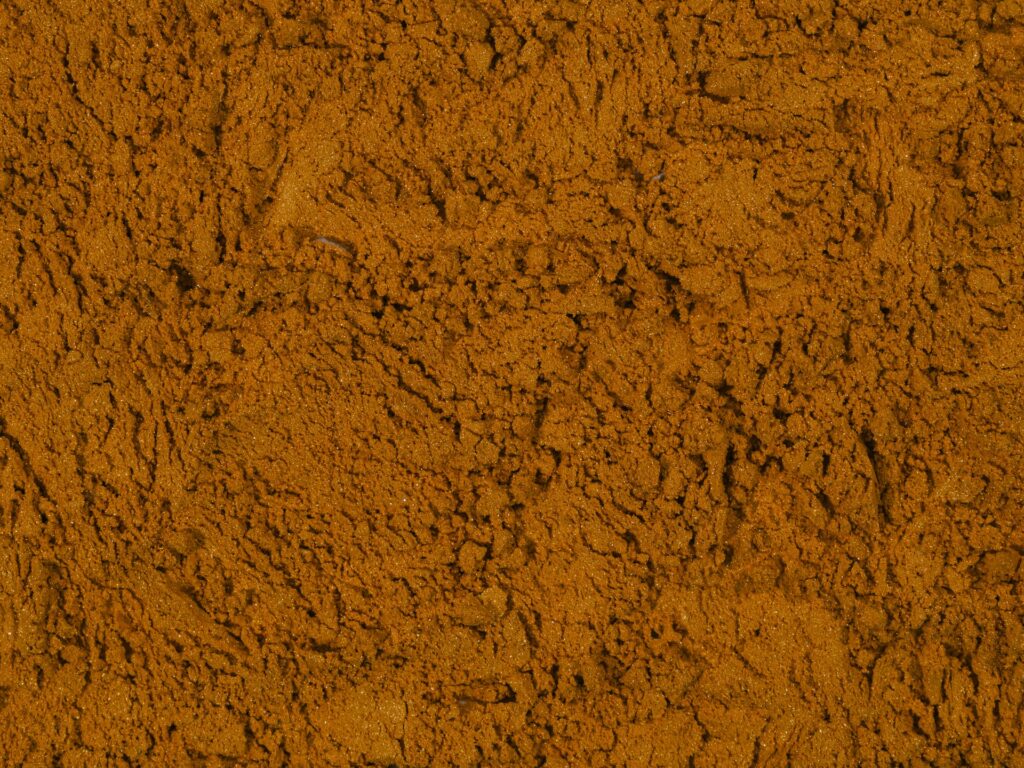
Ground cinnamon is a household favorite for baking, drinks, and savory meals. Once ground, however, it begins to lose its natural oils very quickly. The powder’s fine texture exposes a larger surface area to air, which speeds up its decline. Within six months to a year, cinnamon can become noticeably dull, lacking its once-strong scent. Whole sticks remain fresher much longer because the oils stay sealed inside. To preserve ground cinnamon, store it tightly sealed, away from heat, sunlight, and moisture. Using a smaller jar prevents exposing large amounts at once, which also helps maintain quality.
Ground Nutmeg
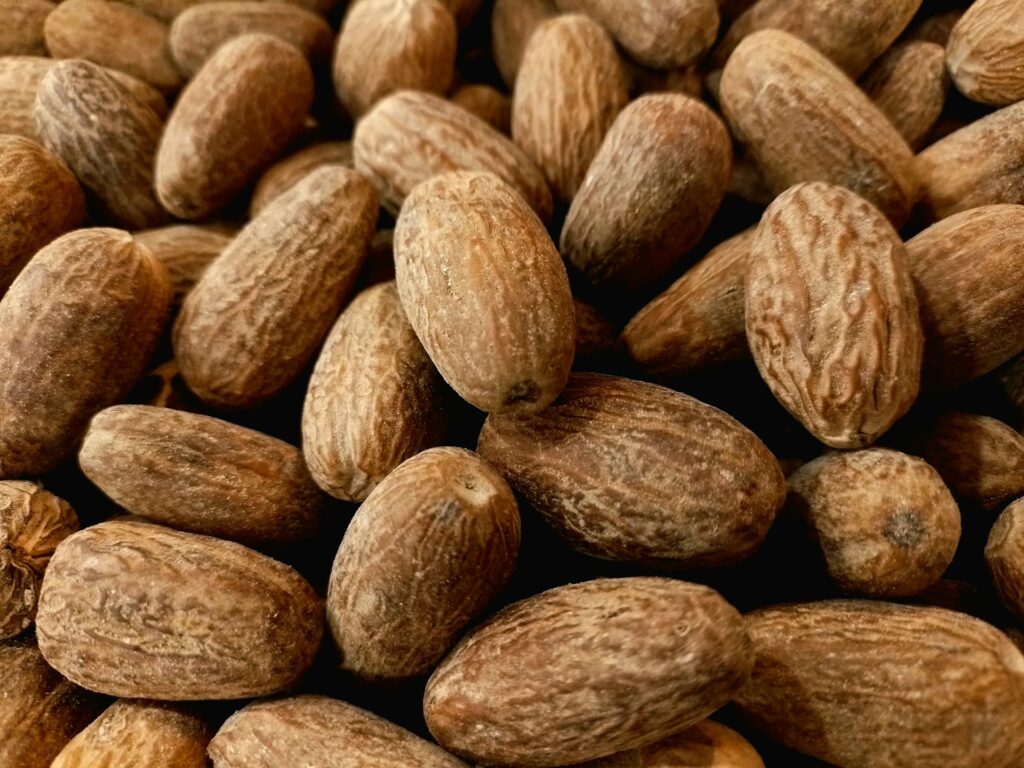
Nutmeg brings a warm sweetness to desserts, sauces, and holiday drinks. Ground nutmeg, though, weakens much faster than the whole seed. The powdered version can lose most of its bold flavor within eight months. By contrast, whole nutmeg seeds can keep their aroma for years if stored properly. Choosing whole nutmeg allows you to grate only what you need, giving you fresher flavor every time. This makes it a better option if you use nutmeg less often. Keeping nutmeg in airtight containers also helps reduce exposure to moisture, which can cause clumping and loss of strength.
Ground Ginger
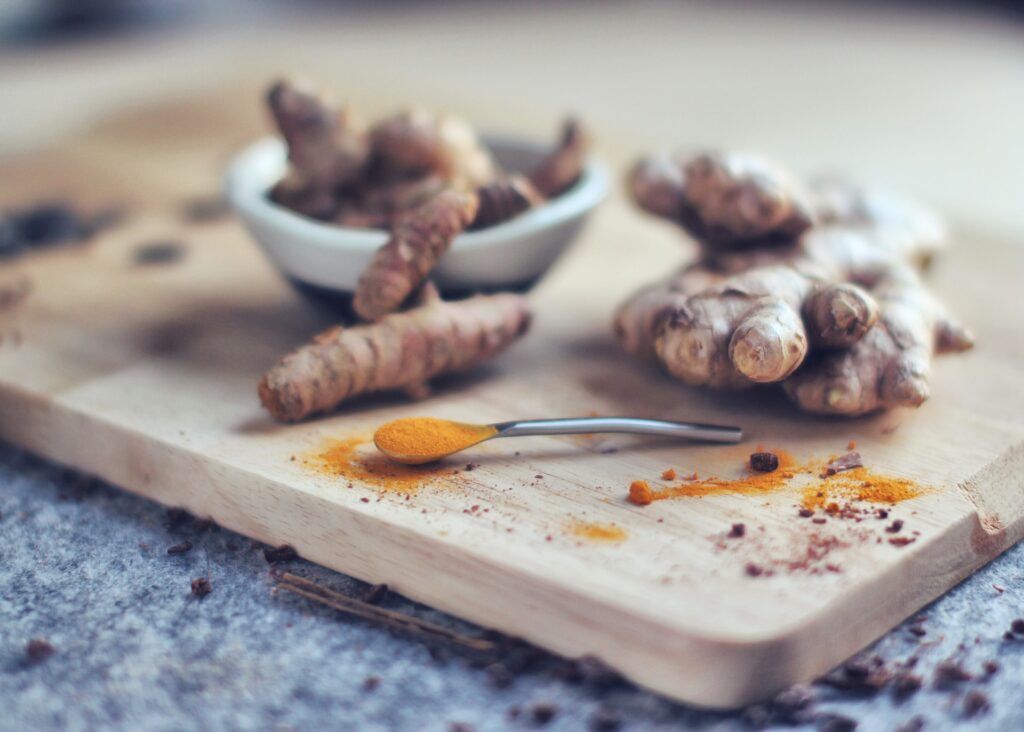
Ground ginger adds zest to baked goods, curries, teas, and stir-fries. Still, it is one of the spices that expire quicker than expected. After about a year, the powder begins to lose its sharp bite, as its aromatic compounds break down over time. Fresh ginger root only lasts a few weeks in the refrigerator, but ground ginger demands just as much attention. If the powder appears pale or the aroma seems weak, it is past its best. To extend its shelf life, keep ginger powder tightly sealed and avoid storing it above the stove, where heat rises. For a stronger option, buy whole dried ginger and grate or grind it as needed.
Paprika
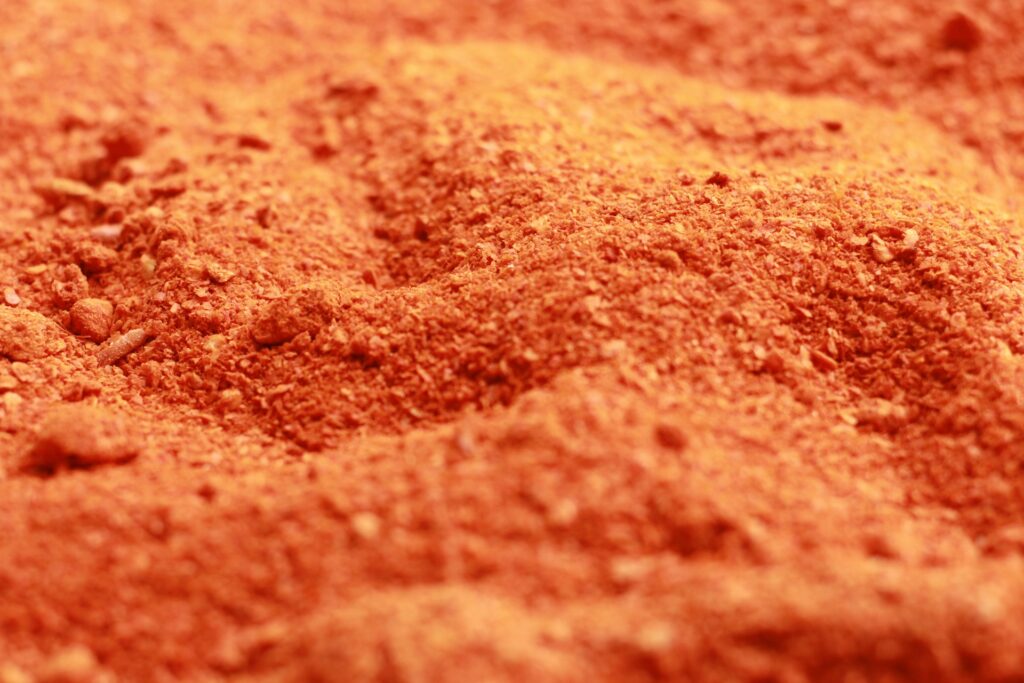
Paprika adds vibrant red color and smoky or sweet flavor to countless recipes. Unfortunately, it is a seasoning that loses quality faster than many others. Within six months to a year, paprika often becomes dull in both flavor and color. Because it contains natural oils, it can also turn slightly rancid in warm or humid conditions. To prevent this, store paprika in a dark, cool place and avoid exposing it to sunlight. Smaller containers stay fresher because you open them less often. If your paprika no longer looks bright red or smells fragrant, it is time to replace it with a new batch.
Chili Powder
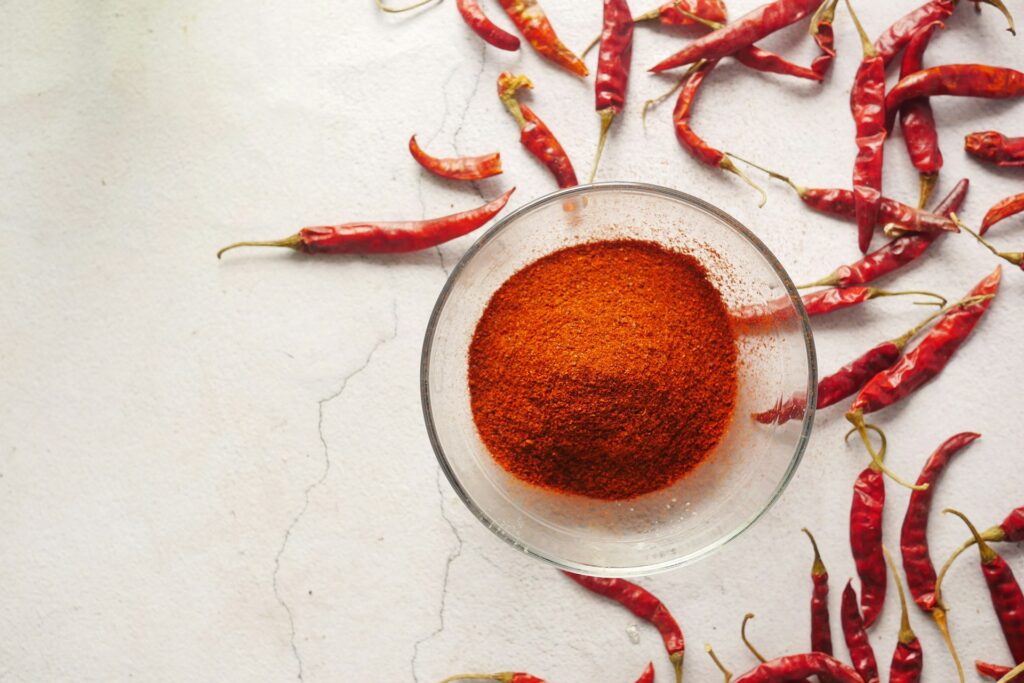
Chili powder is usually a mix of dried chilies, cumin, garlic, and oregano. Since it is a blend, it tends to lose flavor faster than pure spices. After a year, chili powder often tastes flat and lacks heat. To avoid disappointment, buy smaller amounts so you always have fresh seasoning. Keeping chili powder away from light and heat also slows down its decline. If you cook spicy dishes often, grinding dried chilies yourself will give stronger flavor. Freshly ground chili powder also ensures your recipes keep their fiery character without relying on stale, weakened blends.
Curry Powder
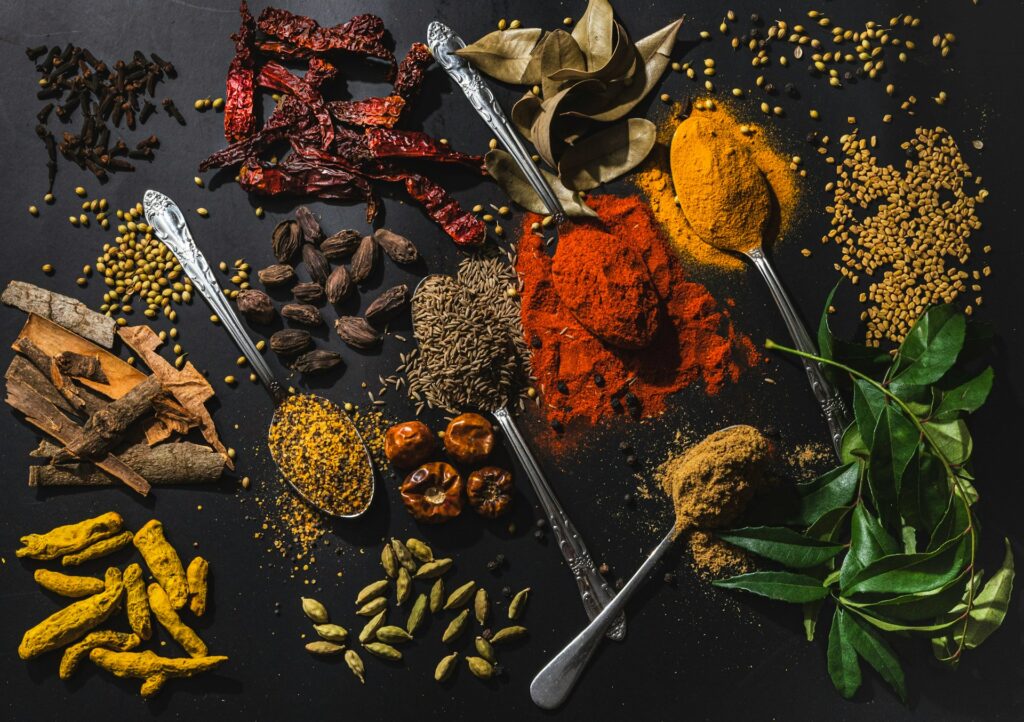
Curry powder combines turmeric, coriander, cumin, chili, and other spices. These ingredients break down at different speeds, which causes the overall blend to lose its balance. Within six months to a year, curry powder may taste flat, bitter, or weak. For the best results, buy curry powder in smaller quantities and use it within a few months. Storing it in airtight jars helps protect it from air and moisture. If you want the richest flavor, try making curry powder from scratch. Blending small amounts of fresh spices at home ensures your dishes stay fragrant and full-bodied.
Ground Cloves
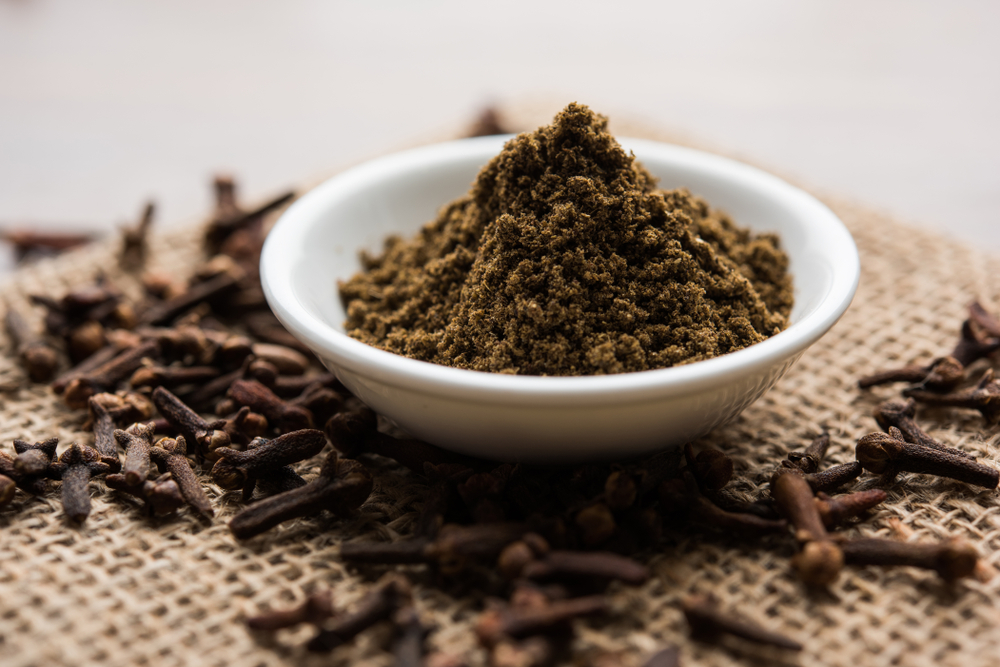
Cloves are naturally strong, but once ground, they quickly lose their punch. Whole cloves can last several years, yet ground cloves often fade within six to twelve months. Their essential oils evaporate quickly, leaving behind a powder that tastes bitter rather than bold. To keep flavor intact, buy whole cloves and grind them when needed. Store ground cloves in a cool, dark cupboard for best results. If your cloves no longer give off a strong aroma, they have expired. Fresh cloves should always smell sharp and spicy, reminding you why they are prized in both sweet and savory cooking.
Ground Cumin
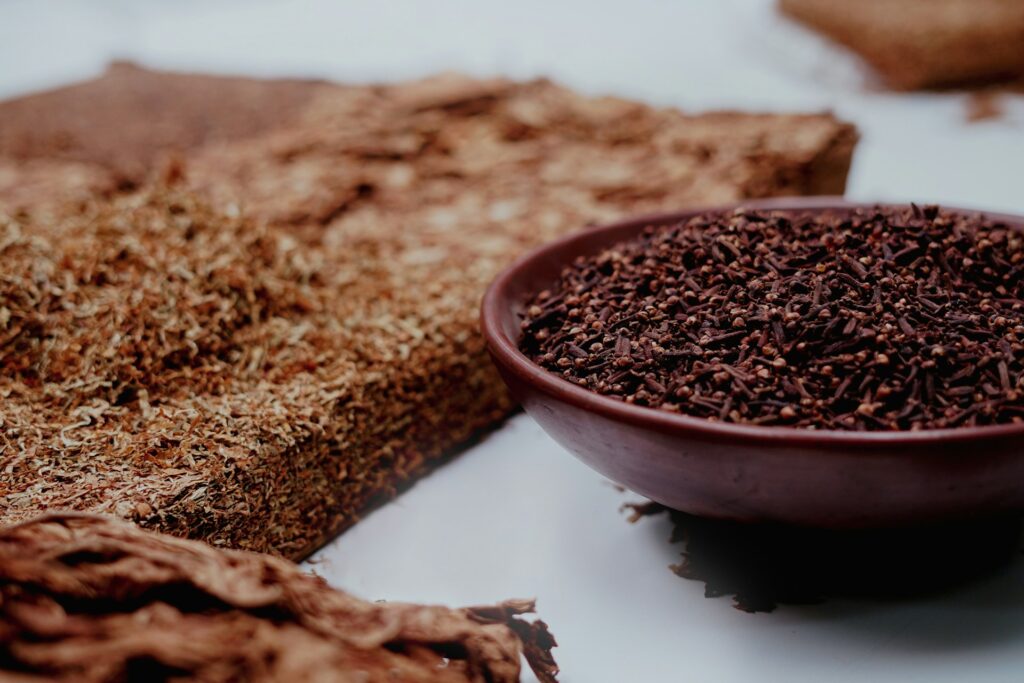
Cumin is widely used in global cuisines, from Indian curries to Mexican stews. Whole cumin seeds remain flavorful for years, but ground cumin fades much sooner. Within nine months, the powder often becomes weak and earthy instead of rich and warm. Grinding seeds at home offers the best flavor, as the oils are released right before cooking. If you prefer convenience, store ground cumin in airtight jars and replace it regularly. A quick test is to rub a pinch between your fingers. If the scent is faint, your cumin has already lost its best qualities.
Dried Herbs Like Basil and Parsley
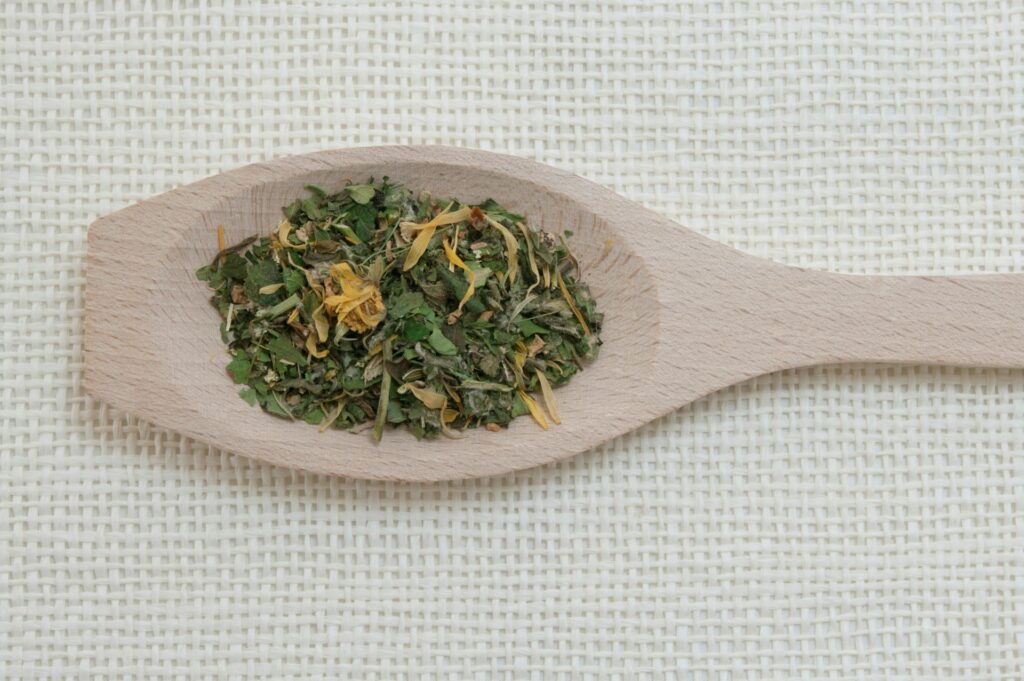
Although not technically spices, dried herbs like basil, parsley, and cilantro also fade quickly. These delicate leaves often lose their flavor within three to six months. Once they turn grayish or crumble easily, they are well past their prime. Fresh herbs or frozen portions keep flavor longer and taste brighter. If you rely on dried herbs, store them away from sunlight and humidity. A helpful tip is to write the purchase date on each container so you know when to replace them. Using fresher herbs ensures your meals taste lively instead of bland.
How to Tell if Spices Have Expired
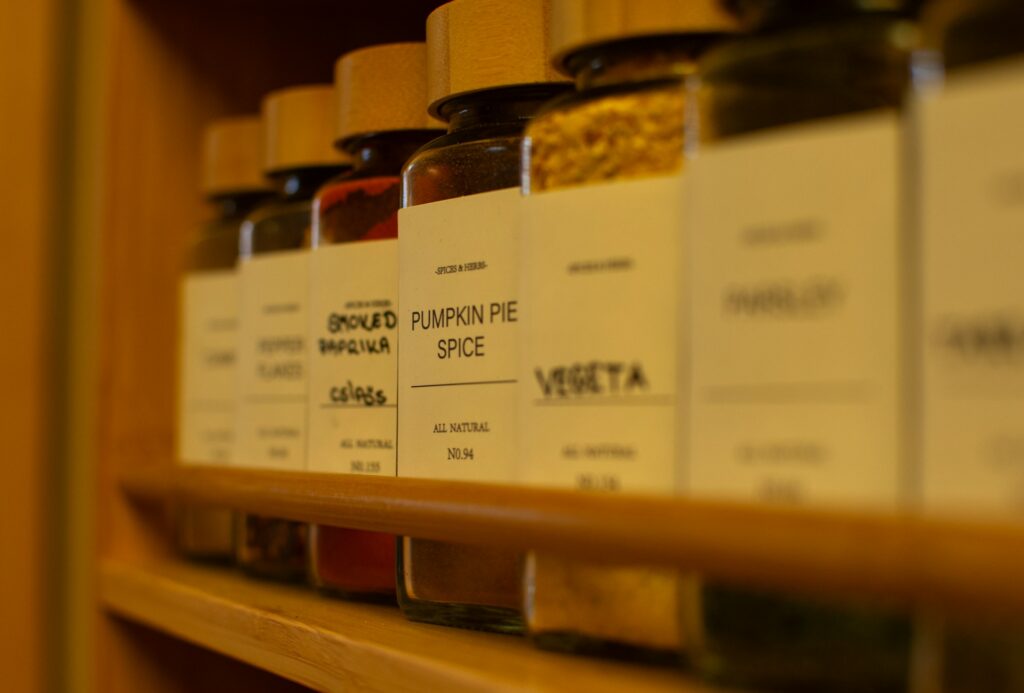
You can check for expired spices by looking at color, smell, and taste. If the aroma is faint, the color pale, or the flavor dull, it is time to replace them. Storing seasonings in airtight containers away from light and heat helps them last longer. Buying smaller jars also prevents you from holding onto old stock for years. Paying attention to these details ensures your food always carries the bold flavor you expect. Keeping track of spices that expire also prevents you from wasting time cooking with weak or tasteless seasonings.
Final Thoughts
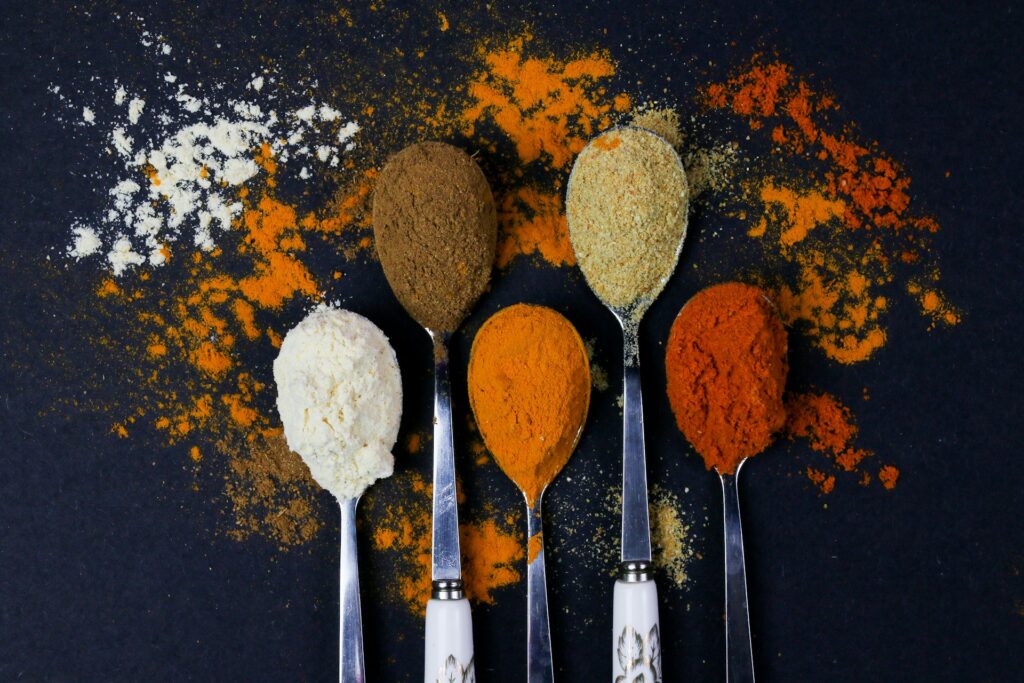
Spices do not last forever, and some fade faster than expected. Ground cinnamon, nutmeg, ginger, paprika, chili powder, curry powder, cloves, cumin, and dried herbs are all spices that expire quickly. Proper storage and regular replacement guarantee that your cooking remains flavorful and vibrant. A spice rack full of fresh, well-kept seasonings is not just about variety, it is about keeping every dish full of life.
Disclaimer: This article was created with AI assistance and edited by a human for accuracy and clarity.
